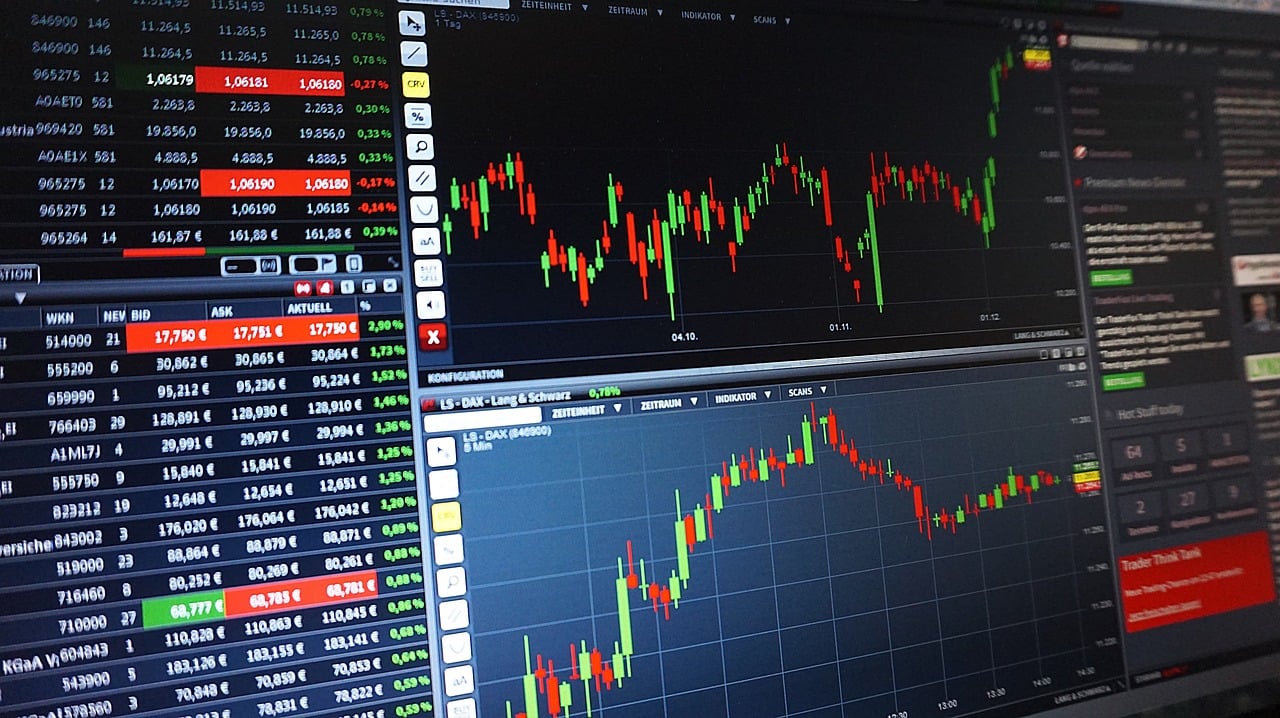At a time when the Dow Jones Industrial Average is making fresh highs, it may be silly to talk about a market crash. However, it is never wrong to prepare for the worst. Moreover, global investors and experts are already worried about the impact of the coronavirus on the financial markets. So, it’s not a bad idea to be prepared for a possible stock market crash 2020 and know beforehand what moves to make in such a situation.
Is stock market crash 2020 coming?
Worries over the coronavirus are hitting global financial markets hard. What’s magnifying investors concern is that the stock prices have been moving up over the past decade. Since 2010, the S&P 500 has already moved up by over 190%. Thus, many on Wall Street are worried about when the long bull market would come to a halt.
Apart from these, there are plenty of other things that could cause jitters in the stock market, such as the threat of a global recession, uncertainty surrounding the 2020 U.S. presidential election and unresolved trade disputes. Many experts are even comparing 2020’s stock to the one in the early 1999’s or just before the dot-com crisis.
How to prepare for a stock market crash
As an investor, it is only natural to be worried as it is your hard-earned savings that you have invested in stocks. Therefore, it is very important that you prepare beforehand for a stock market crash. Following are the moves or tips that could help you prepare for a crash.
Don’t lose your cool – it might be tough to stay calm in a stock market crash situation, but staying calm could help you think rationally. Keeping a check on your emotions, may help you make better decisions than you would have otherwise.
Check short-term spending plans – the advice that almost all veteran investors will give you is that you need to give some time to earn returns in the stock market. This means you should not invest money in the market that you will need within the next five years. You should follow this tip irrespective of the market movement, but especially during tough times. It has been seen that on average investors lose about 30% of their value during a bear market, and it could take a couple of years to recover the losses. Thus, what you need to do is ensure that your next five years expenses are covered. You can do so by investing in low or zero risk assets, such as CDs.
Resist urge to sell stocks – the most common thing during a stock market crash is panic selling. Investors feel that they should at least minimize the losses during the crash. But, this strategy is wrong. Remember, the best strategy is to buy low and sell high.
Use robo-advisors during crash – as said above, it is the human tendency to sell stocks during a crash. So, if you can’t resist the urge to sell, it would be better if you hand over your account to robo-advisors during adverse conditions. These robo-advisors are based on complex algorithms, and thus, are immune to human emotions.
Rebalance your portfolio – during the bull phase, you would have surely accumulated stocks that gave you high returns. However, with the increase in stock price, the overall risk in your portfolio also increases, leaving you more exposed to the future market crashes. Thus, it is important that you rebalance your portfolio often based on your risk tolerance level.
Keep a buy list ready – if you ever wanted to buy any stock cheap, then you can do so during a market crash. However, you should know beforehand which stocks to go for during the crash. It gives you an opportunity to buy stocks cheap and get massive returns when things are better.
Buy dividend stocks – stock price is based on the buying and selling activities in the stock market, but dividends come from the company’s net income. Even if a company’s stock price is down, it may pay a dividend if it is making profits. Thus, dividend income could help you offset some stock market losses during the crash and give you additional income during the good times.
Invest regularly – you should set a fixed amount each month for investing in the stock market. This ensures that you are never short of funds when you need them. You can even allow your broker to use this amount to purchase shares. These additional shares would add to your return when the market recovers.





